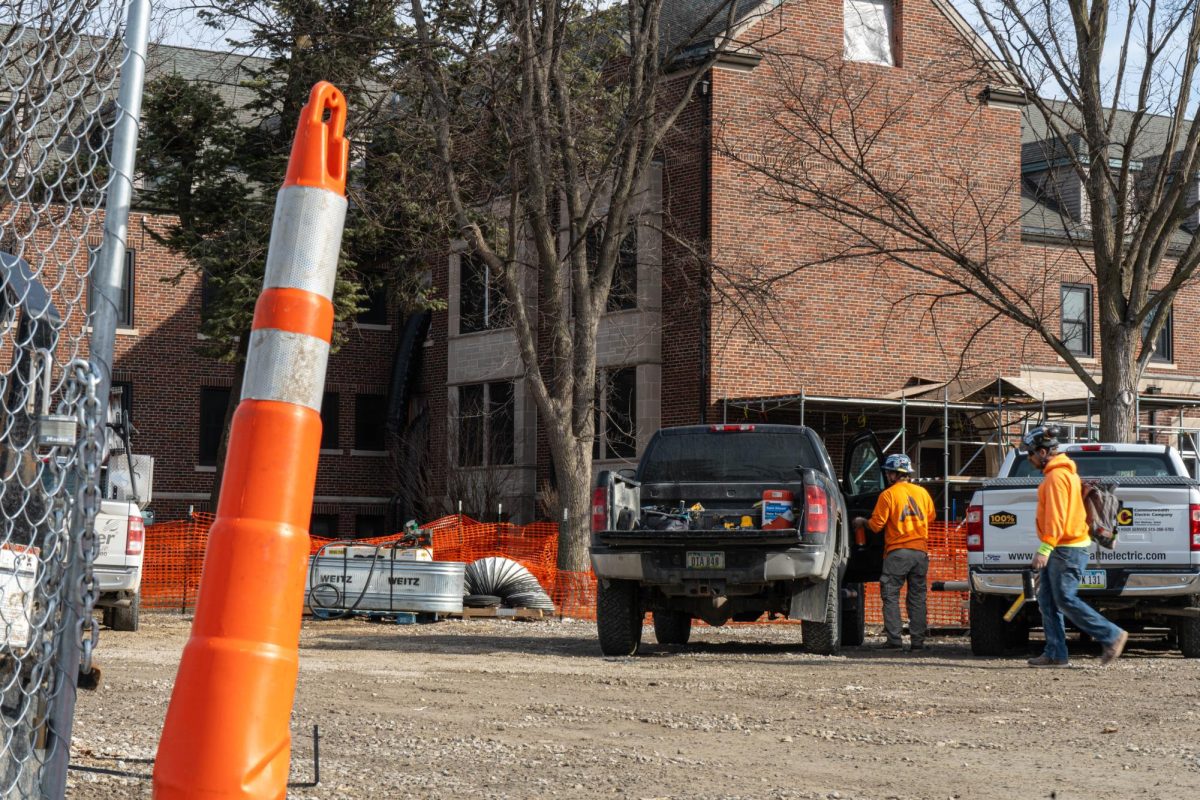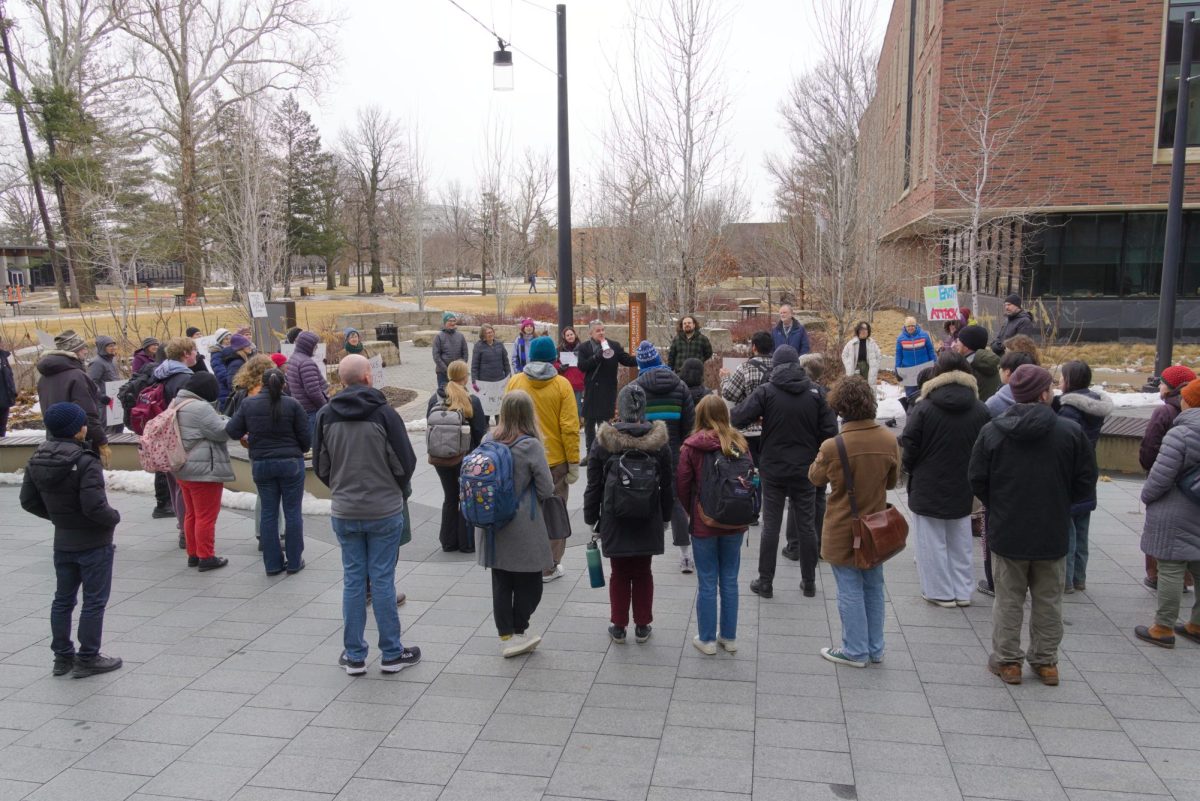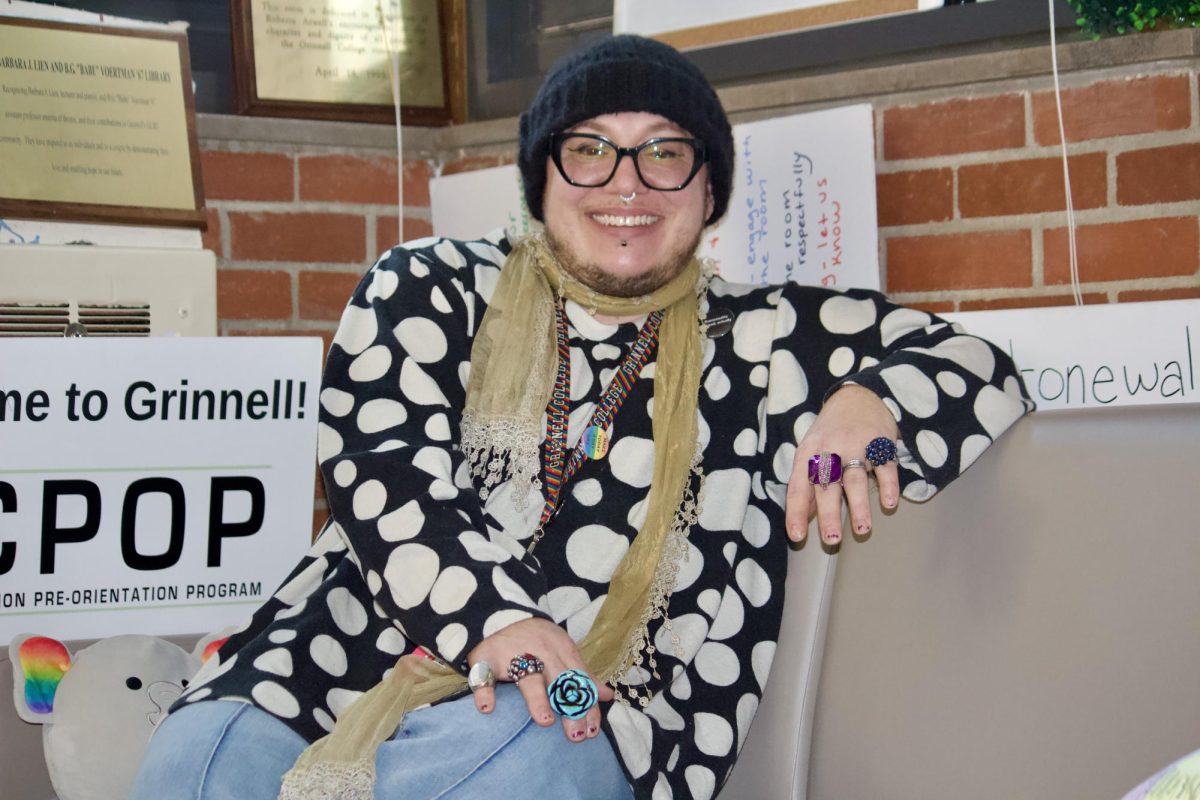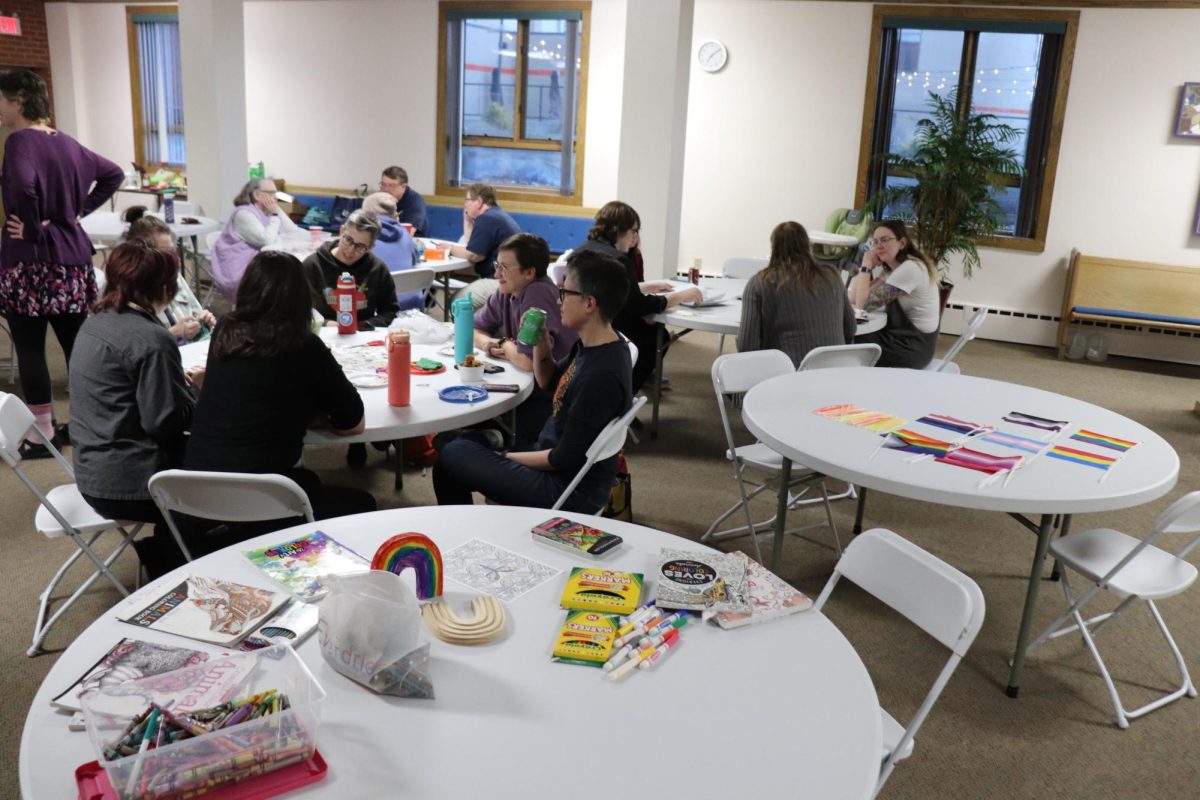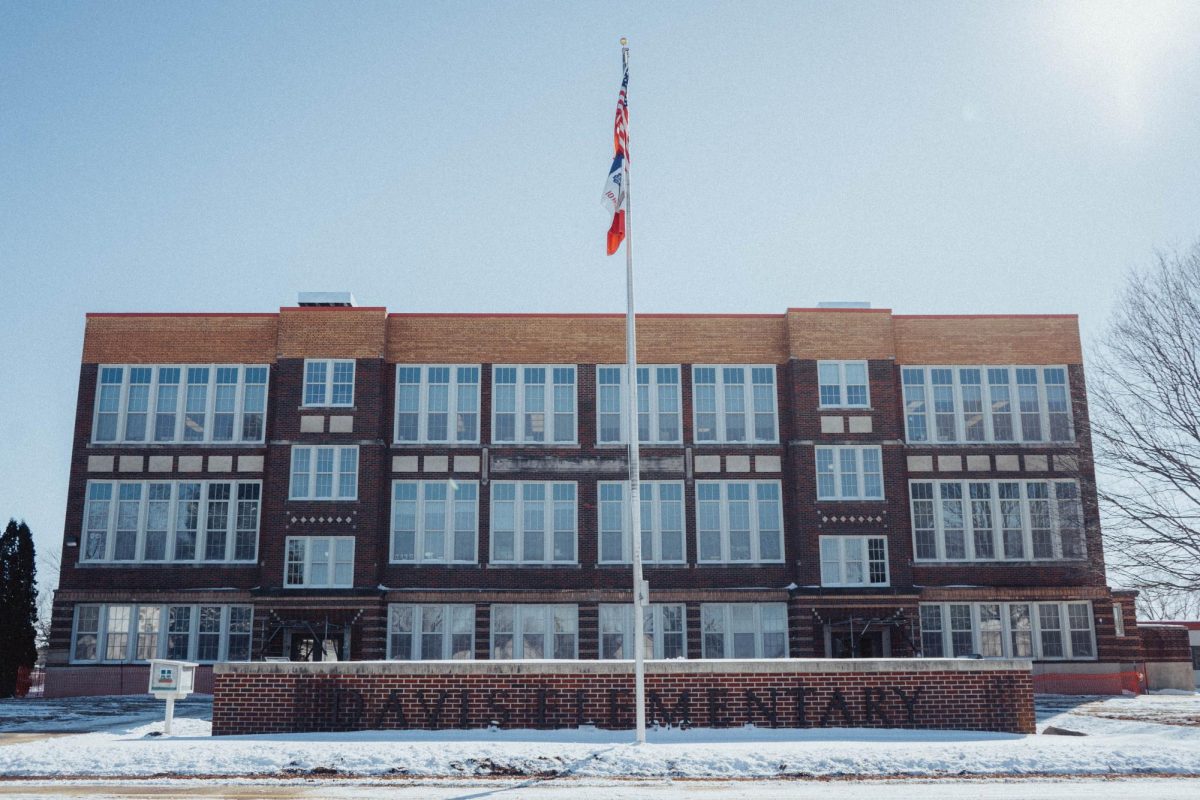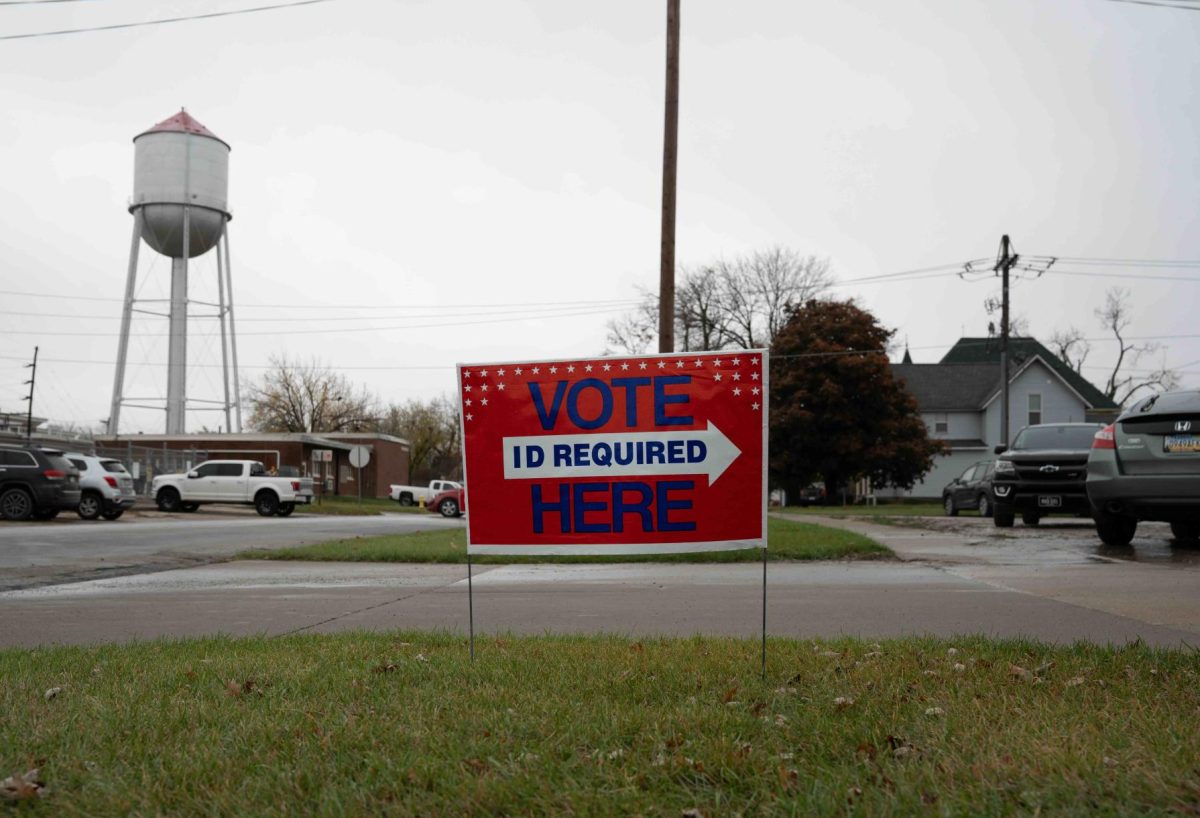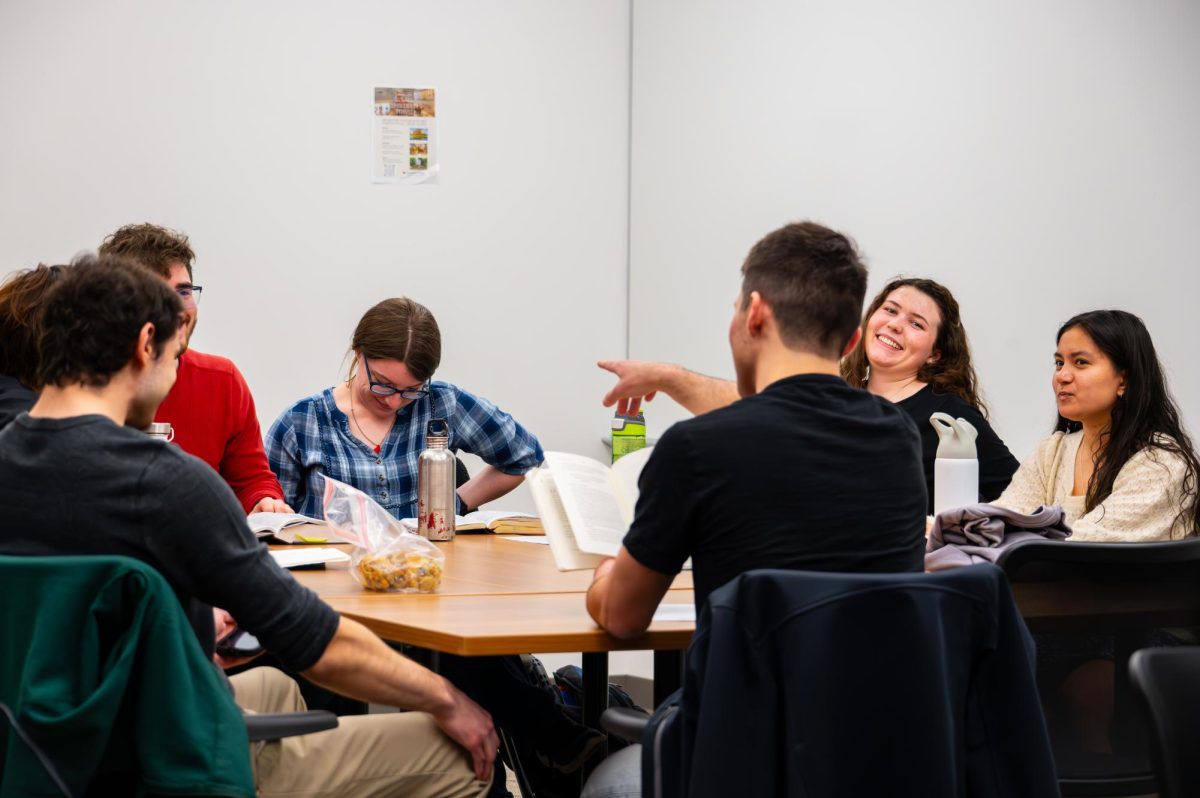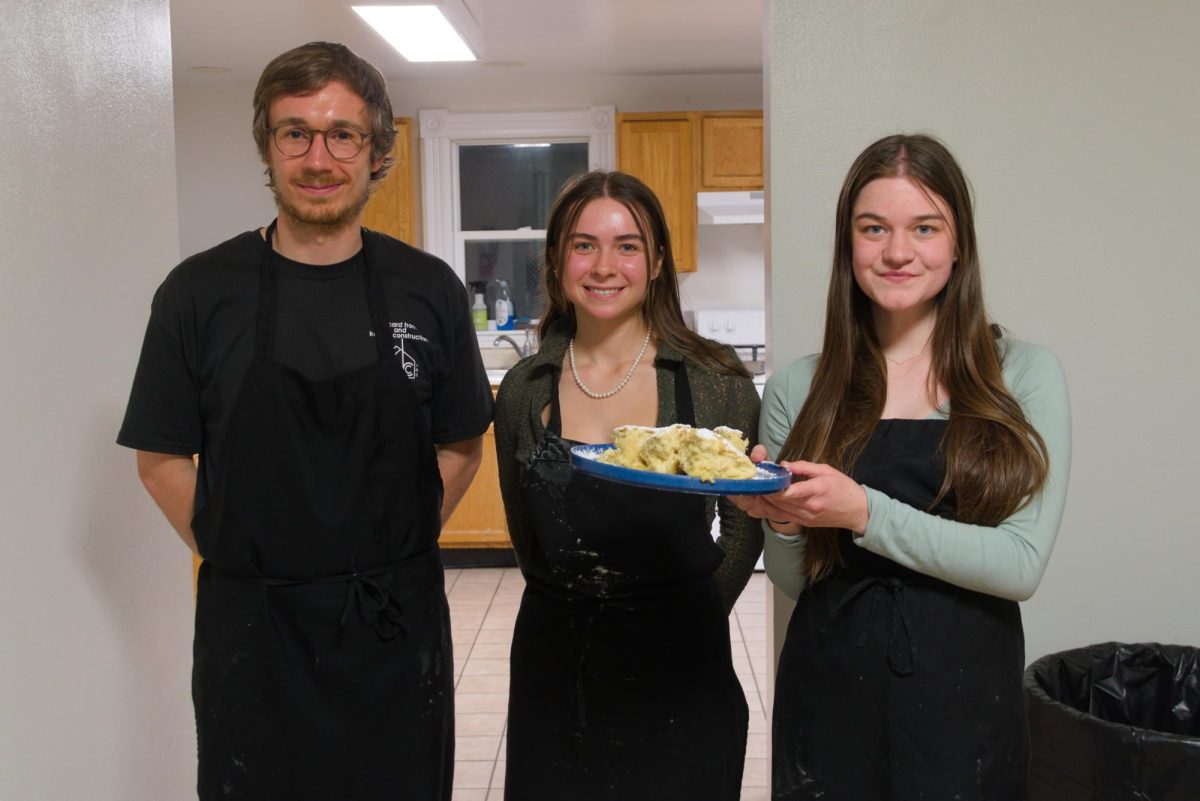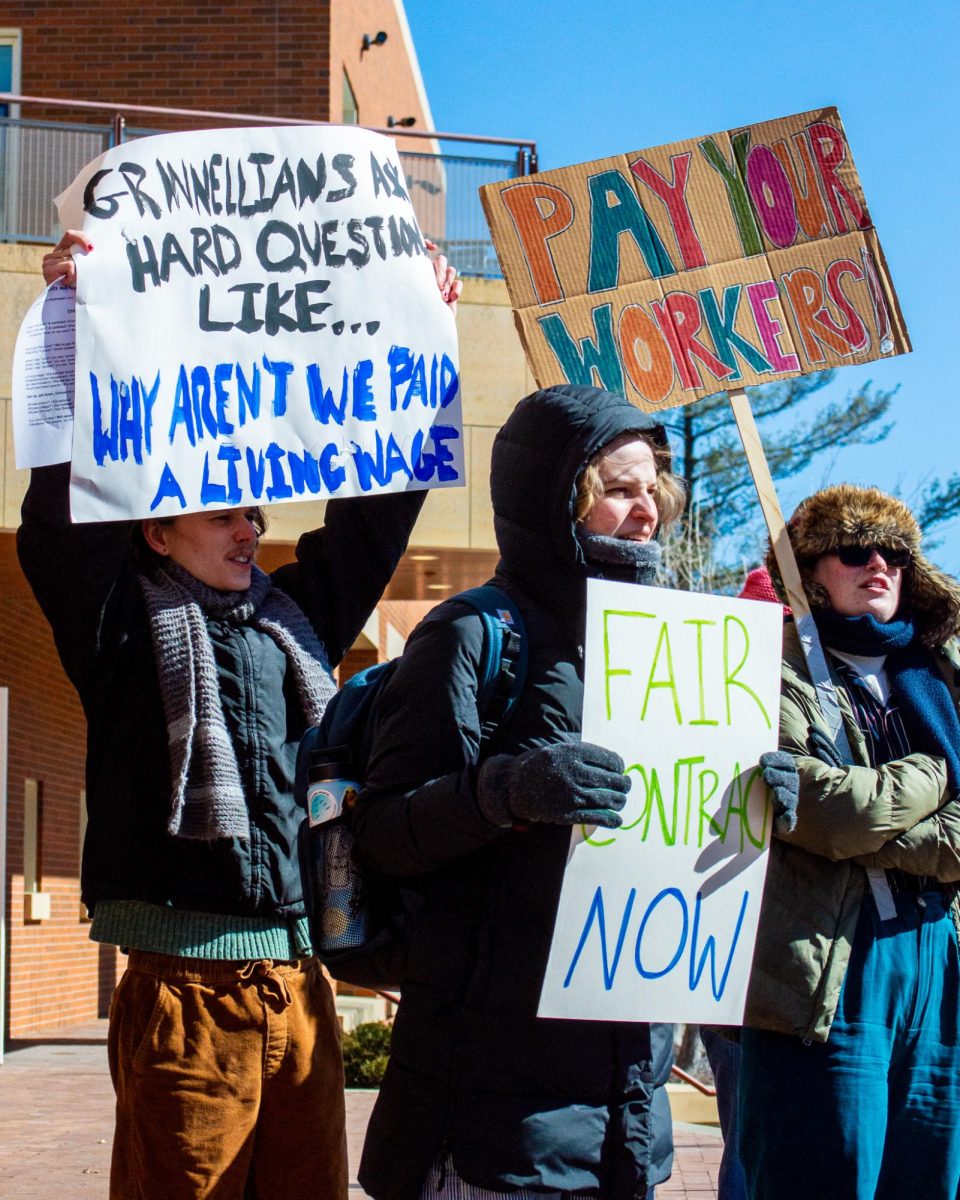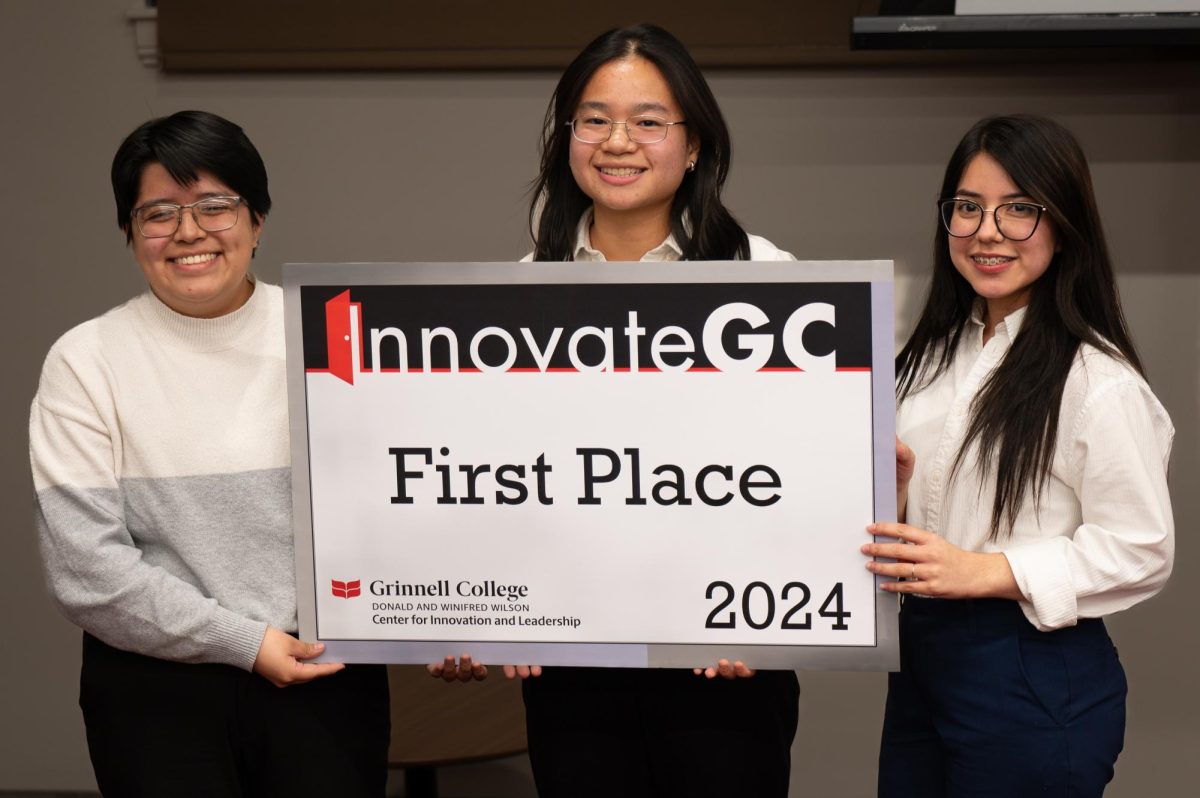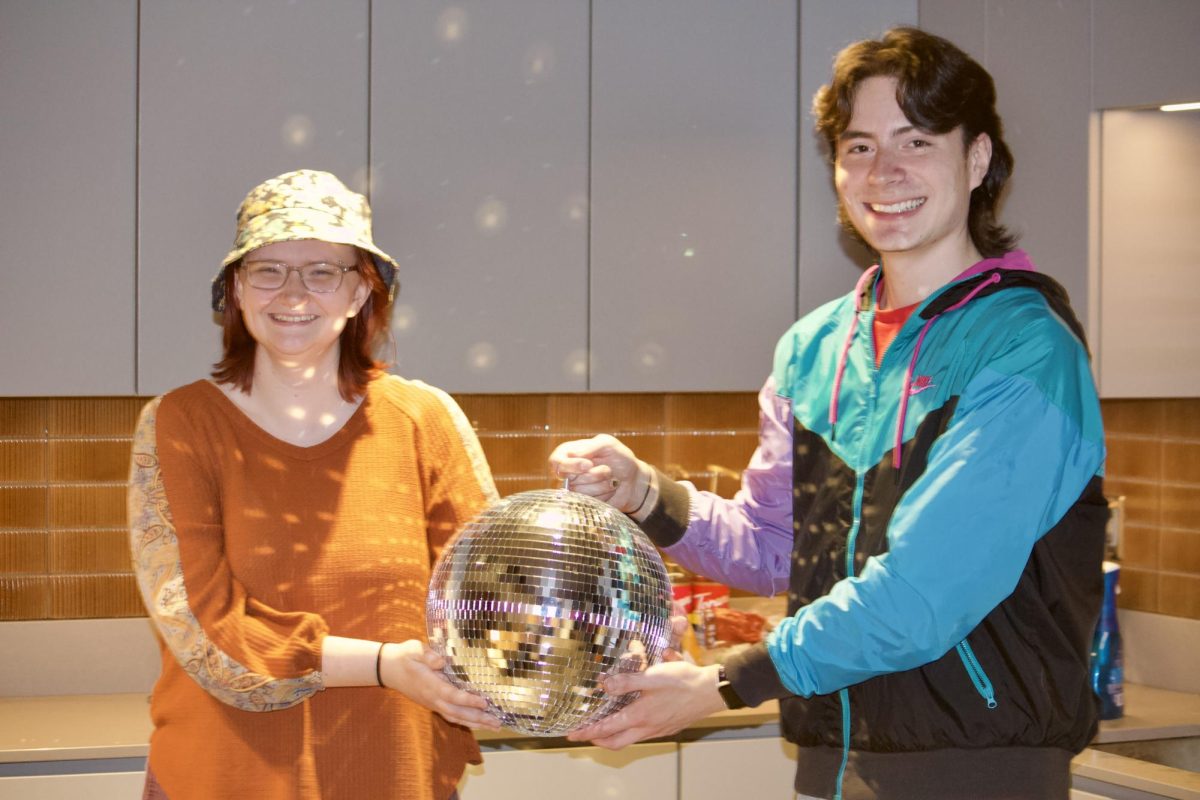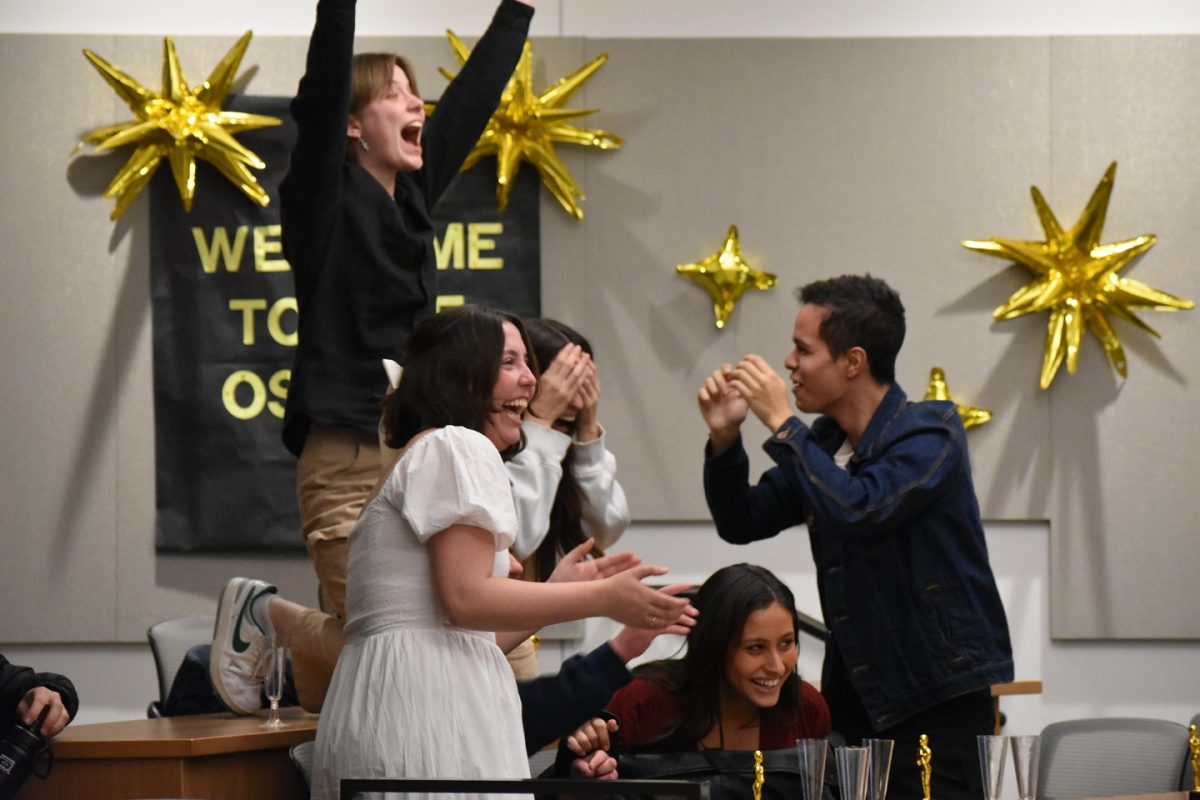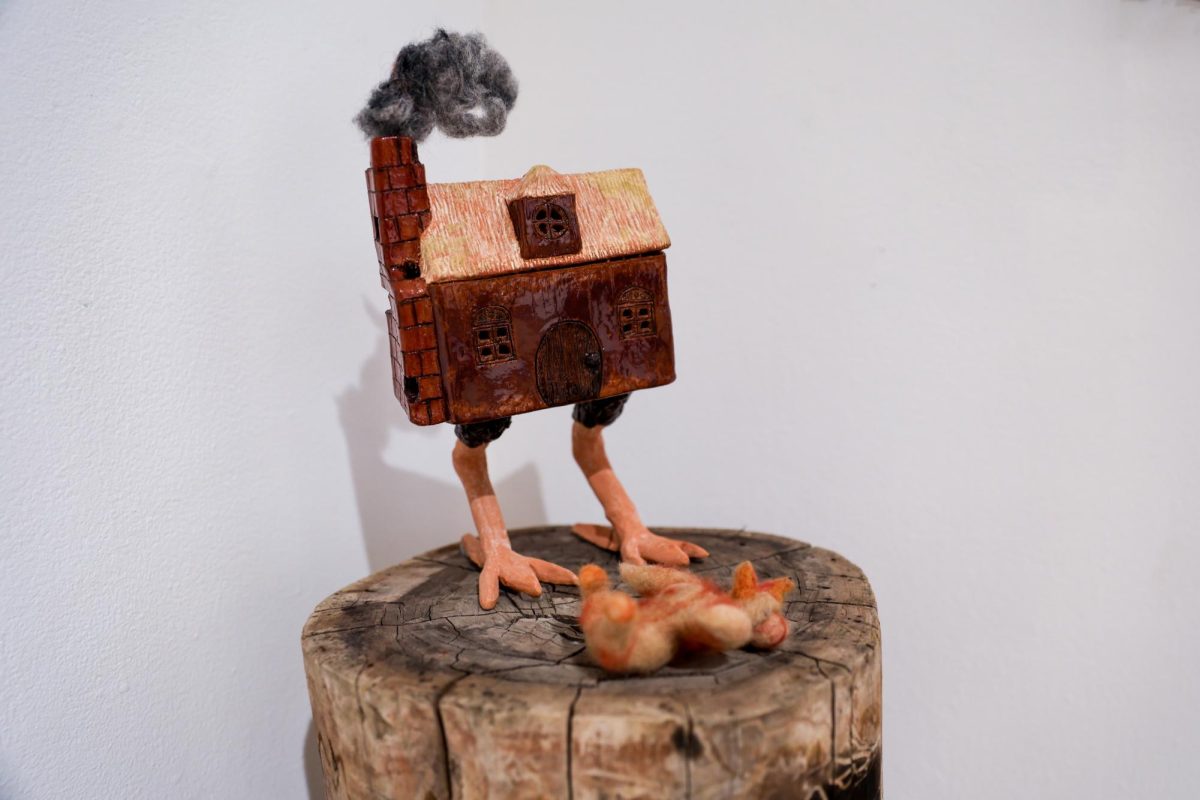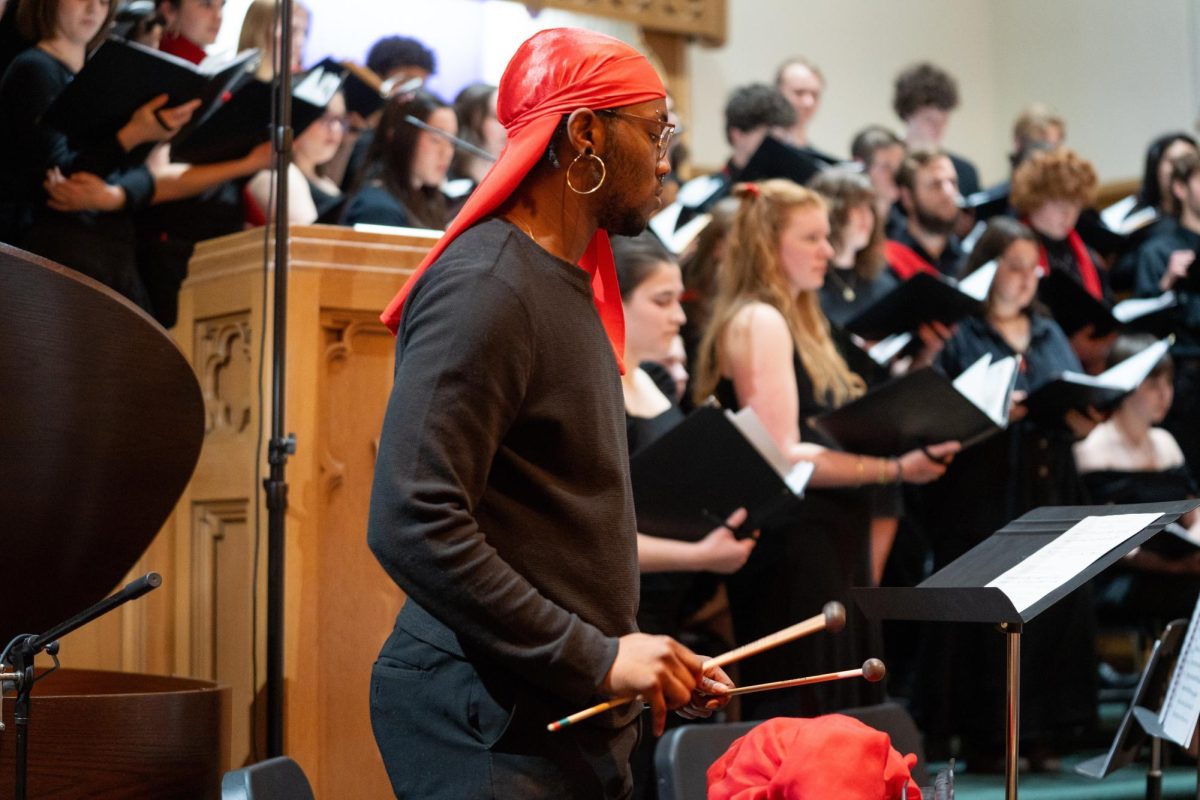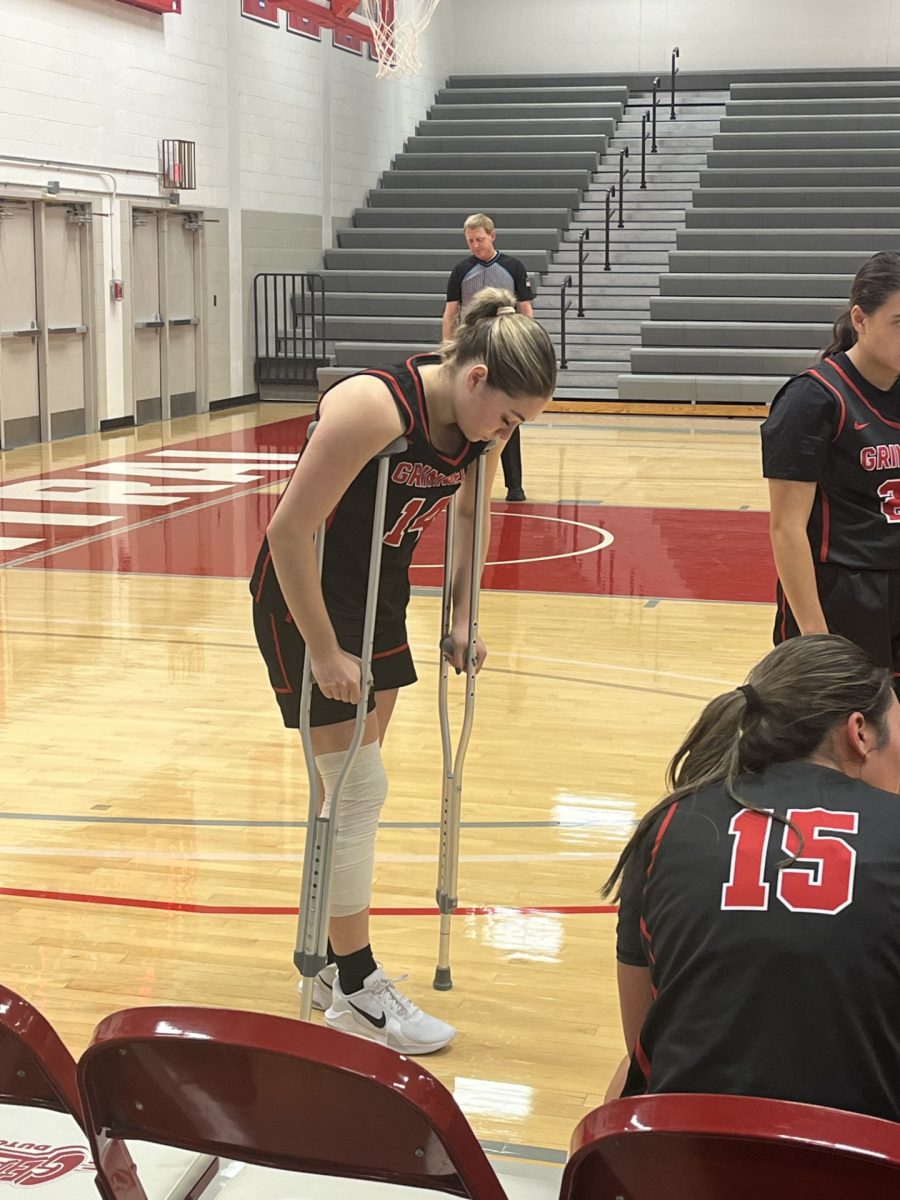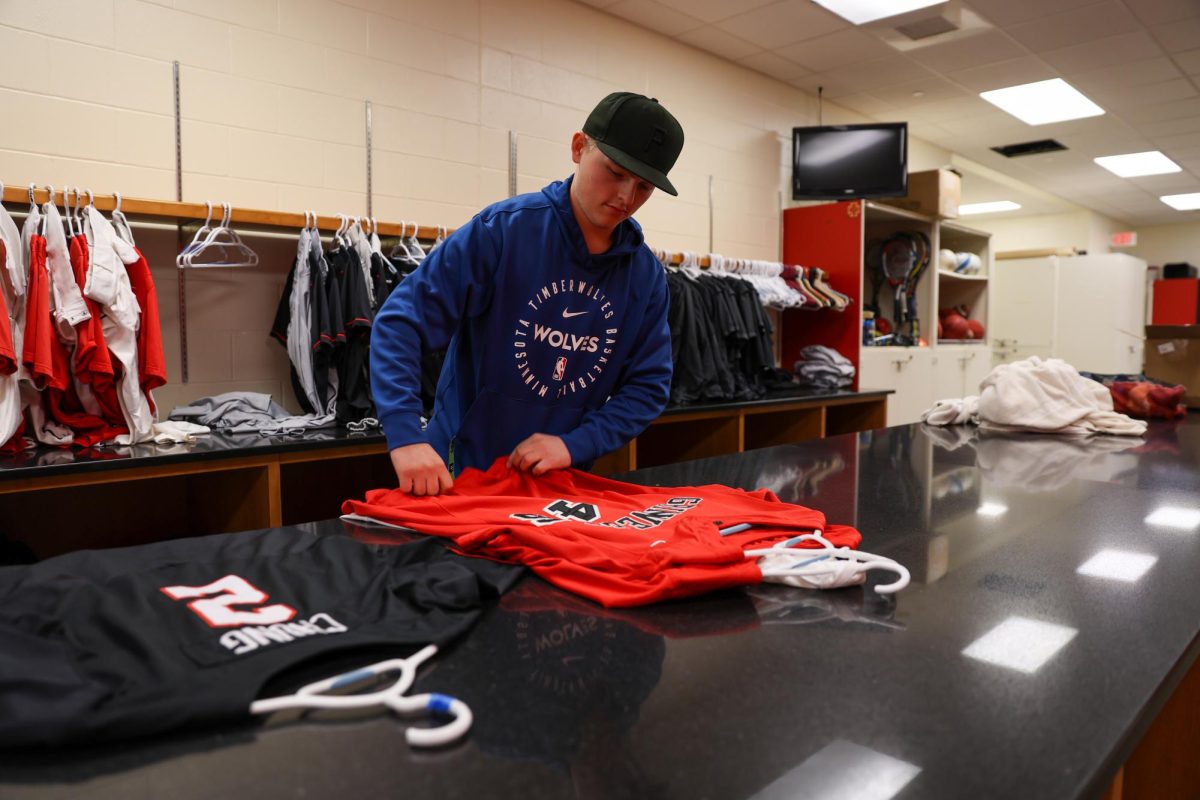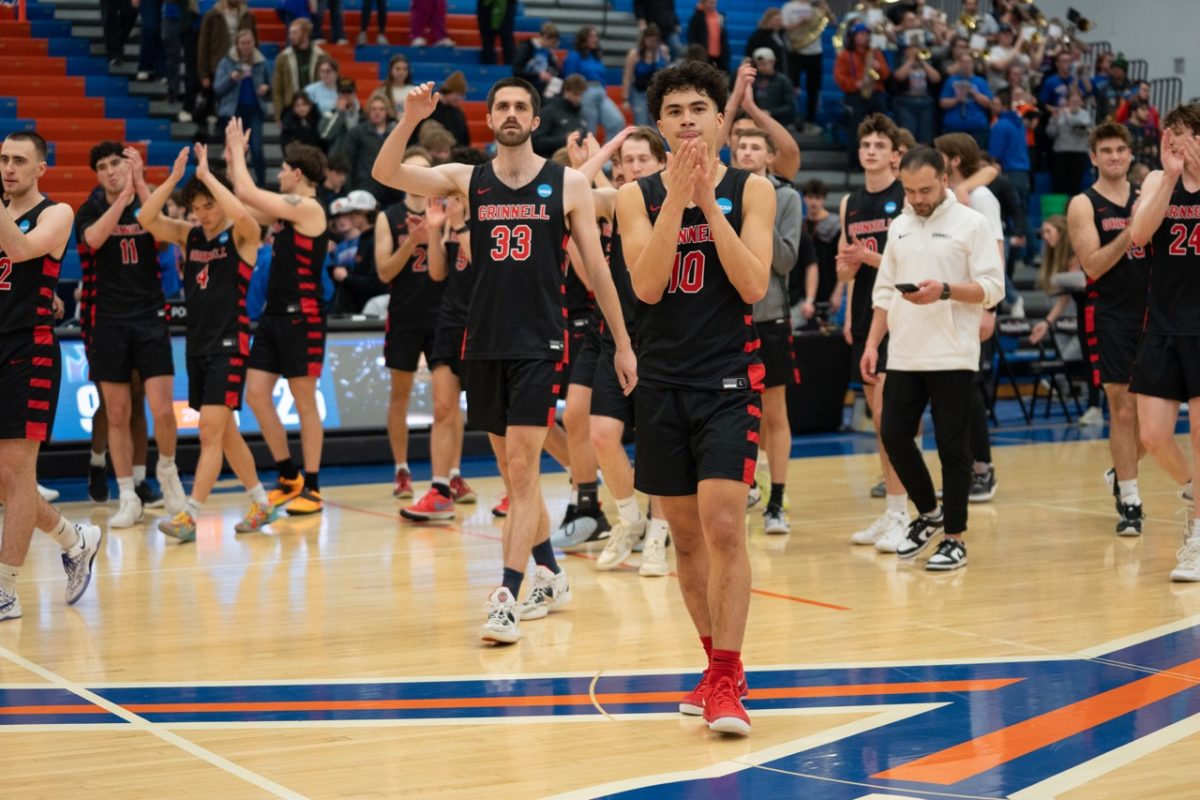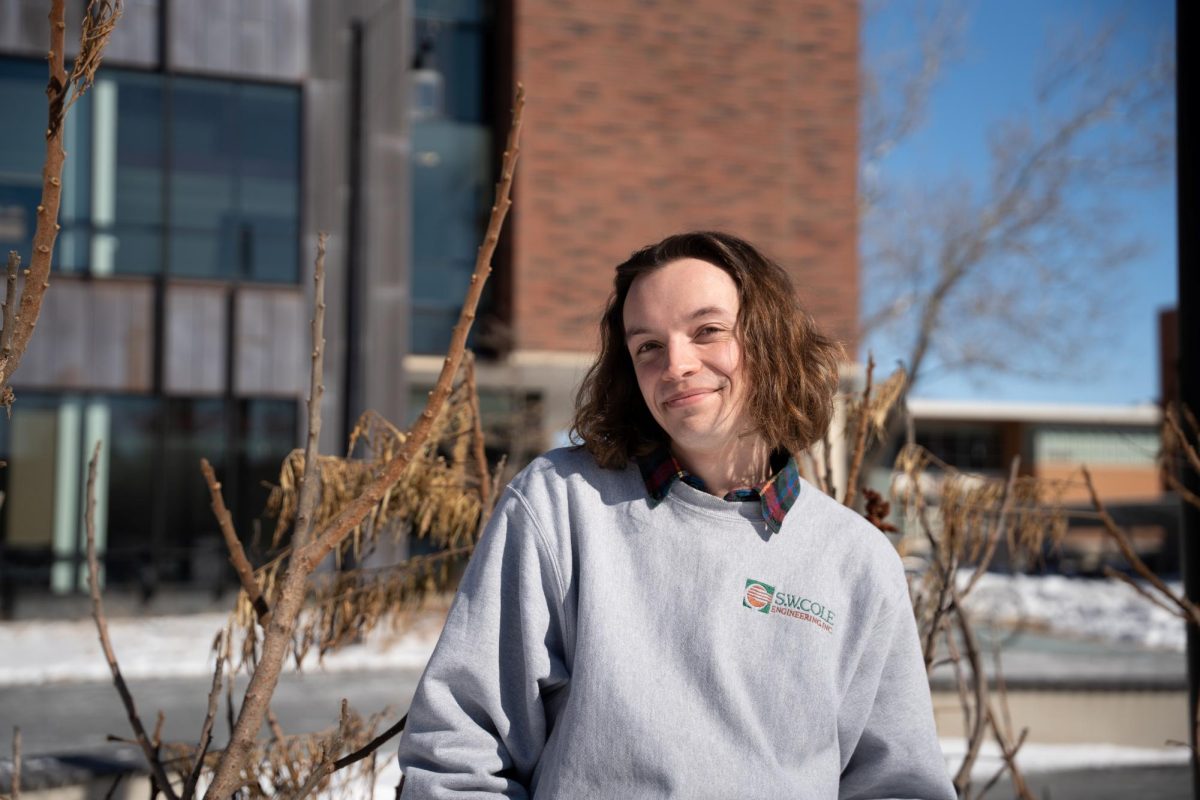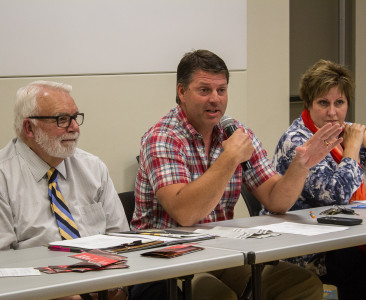
Louise Carhart, Community Editor
carhartl17@grinnell.edu
This Tuesday, Nov. 10, Grinnell City administration members met to discuss the state of the city in a biannual speech and town hall meeting. Mayor Gordon Canfield, city council members and the City Manager Russ Behrens began with an introduction covering the current state of the city, which remains optimistic.
“The city is in a very good state. We are meeting all of our financial obligations, we’re not overspending on anything,” Canfield said to open the meeting.
As Grinnell moves forward, they look to the renovation of Central Park in the immediate future, as well as road repairs and improvements to the downtown area. Through funds made available by the Iowa Reinvestment act, the landscape of the town is likely to change in the coming years.
The topic of rental housing inspections, which at this time are not conducted by the city, was of particular interest to college students. Many of the rental homes like those often occupied by students are below existing requirements for housing standards. The city, because of its small population size, is not required to conduct rental inspections.
“One of the hidden problems in the town that most of us don’t see is that we have a lot of rental property in this town that [is] sadly below standard, and having an inspection program to make sure that those properties that are being rented meet the existing ordinances would be a really good thing,” said Byron Hueftle-Worley, an At Large City Council representative and owner of Worley Woodworking.
Other topics discussed during a question and answer period included concerns about increasing the amount of sustainable energy in the city. Grinnell is making strides in solar power and hopes to add more geothermal energy to local buildings.
A great amount of interest centers around the construction of lofts in the Spaulding building, a former factory on the western side of downtown. These lofts are part of efforts to attract younger people to Grinnell, especially with the recent increase in jobs.
“The loft apartments and the other apartments downtown fit a demographic that is sorely needed. A lot of young people today aren’t so much interested in getting a job and then building a house right way,” Canfield said. “The culture is changing, and probably the economy has a lot to do with it … but nevertheless we have a lot of jobs in Grinnell and Poweshiek County that go begging.”
Another concern was the lack of vibrancy in the downtown area. Citizens brought up the prevalence of empty storefronts in town and the dearth of shopping options. It seems, however, that efforts to remedy this issue must first start with the consumers themselves.
“Before you get on the Internet or before you get in your car, come downtown because there are a lot of things you can buy in downtown Grinnell. You might have to look a little harder, because a lot of people are very diverse in what they have,” said Jim White, an At Large City Council representative and retired former owner of Bates Flowers.
Looking to the future, Grinnell has tackled all capital-intensive projects for the next six or seven years. All necessary improvements or required renovations have been started or planned, and the necessary funding has been found.
“This is the first time … that on the horizon we don’t have any large capital projects. There have always been a slate of projects that were five and six years out, whether it was the downtown improvement or the wastewater plant,” Behrens said. “Looking out to 2022, we don’t have that next large capital project, so I think it’s a great opportunity for all of you on the city council and staff to maybe think [of ideas for] what we can do with some of that available funding.”
Canfield left the meeting feeling optimistic, especially after just having been reelected as mayor last week.
“I feel good because, although our turnout wasn’t large, compared to other places we did have the largest turnout of municipal only election votes … when only city officials were up for election,” Canfield said.

